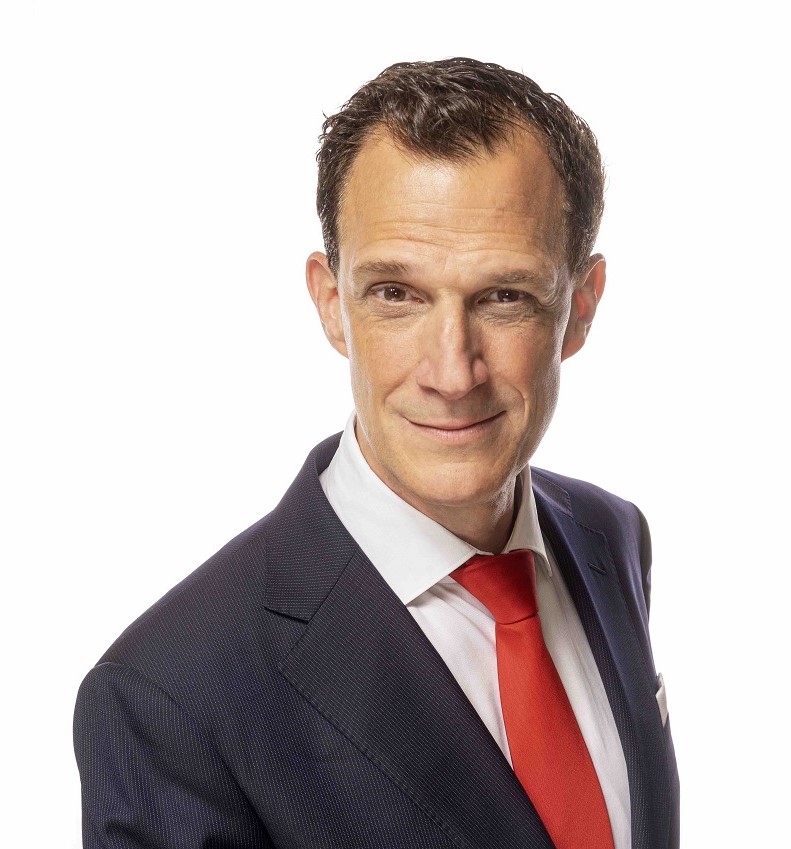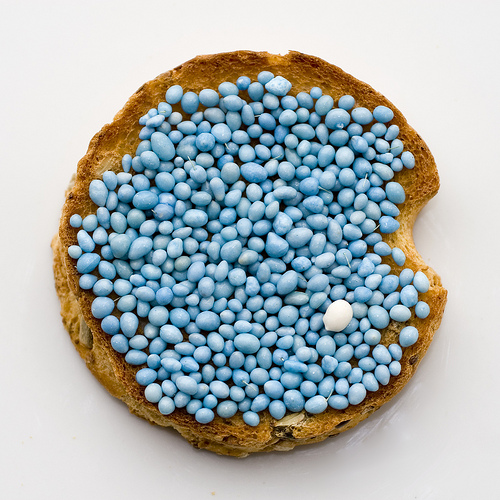If you have come to the Netherlands to seek asylum, you will want to get settled, feel safe and obtain refugee status as soon as possible. Therefore, it is crucial that you know where to turn for help, and what to expect, in NL. Holland has its own way of processing asylum seekers, and its own rules about education, work and healthcare for refugees. We have put together a basic outline of the Dutch system on this page. Read on to better understand what will happen to you when you first arrive in the Netherlands as an asylum seeker, and how your experience will progress once you are established in the country.
Seeking Asylum in NL
The following steps outline what you need to do, once you have reached the Netherlands in seek of asylum, and what you can expect to happen upon your arrival:
- Report with the reception center of the ‘IND’. IND stands for ‘Immigratie-en naturalisatiedienst ‘. It is the Dutch immigration and naturalization service
- The IND will instruct you to make your way to the ‘COA‘. This is the ‘Central Organization for the Reception of Asylum Seekers‘ in Holland. You will be taken to their central location in Ter Apel, Groningen
- Here, the Dutch Aliens Police will register you and verify your identity
- The Health Services will test you for Tuberculosis
- You will be housed in emergency shelter. This might be a sports center, a tented camp or an old converted school building
- The accommodation may be very basic. You are, however, guaranteed a roof over your head and three meals a day
- As well as food, you will be provided with clothing and basic healthcare
- You will spend a maximum of four days in Ter Apel, before being taken to a Dutch home for refugees
- During your time in Ter Apel, you will receive help preparing your request for asylum in NL. The Dutch council for refugees, which is referred to as the ‘VluchtelingenWerk Nederland‘, will assist you. The Legal Aid Council will give you help as well. In Dutch, they are called the ‘Raad van Rechtsbijstand‘
The Official Refugee Procedure in NL
Your request for asylum in the Netherlands will be granted if you are a refugee. A refugee is a person who faces danger from persecution, war or a natural disaster in their country of origin.
Once you are established in NL, and living in a refugee center, you will have entered into the ‘official refugee procedure‘. Here, you will have access to a few more amenities. These can include:
- A weekly allowance. How much it will be depends on whether your family have travelled here with you, and on whether your meals are provided
- An allowance of 13 euros a week, to spend on items like clothes or toys
- A bank account, which will be set up by the COA. Your allowances will come directly into this account
 Side Note
Side Note
- If you have come to Holland with some money of your own, you will receive less from the Dutch government
- If you have a home, you will receive a loan to pay for items such as: beds, a couch, a table and a refrigerator
Refugees' Commitments in NL
As a refugee in NL, there are some commitments that the Dutch authorities ask you to adhere to. These include:
- Reporting with the Aliens Police, and the COA, on a regular basis
- Registering with your municipality within six months of your arrival in Holland
- Abiding by the rules of your refugee center
Working as an Asylum Seeker in NL
Once you have applied for asylum in the Netherlands, when can you begin work?
- You will not be able to work for the first 6 months of your asylum procedure in NL
- After this, you will be able to work for 24 weeks per year, whilst your application is being processed
- You will be able to work for up to 40 hours per week
- However, you will not be allowed to earn more than 14 euros per hour
- This money will be deducted from your benefits
Your Employer’s Obligations in NL
In order for you to legally work in the Netherlands, your employer is obligated to:
- Apply for a work permit on your behalf
- To do this, they will need to contact the ‘UWV‘
- The UWV are the Dutch Employee Insurance agency
- They will supply you with a TWV permit
Studying as a Refugee in NL
Regardless of whether you are still in the process of seeking asylum, or you have already been granted it in NL, you need to follow the same procedure in order to embark on a higher education course in Holland:
- Contact the ‘Stichting UAF Steunpunt‘
- The ‘UAF’ helps educated refugees gain a highly skilled employment position in Holland
- They will support you during your education, and during your job hunt afterwards
- They can also offer you information and advice on obtaining a study grant in Holland
- Click on the little British flag, situated on the right-hand side of the screen, to find further information in English
School for Asylum-seeking Children in NL
All children in the Netherlands have what the Dutch refer to as an ‘education obligation’. Hence, asylum-seeking children have the same right to education in Holland as Dutch children do. Here is how it works:
- Every refugee center is linked to an elementary school in NL
- Children seeking asylum are not obligated to attend one of these schools, but they have the option to
- If they do not speak much Dutch, they will attend an ‘international class’
- In this class, they will receive Dutch language tuition, until their Dutch is strong enough for them to enter regular classes
For Refugee Parents in NL
- If your children are not yet old enough for school, you will be given lessons and additional courses in the Dutch language
- You will also receive help in looking for a job
Healthcare for Refugees in NL
In Holland, refugees are essentially given the same health insurance as that of Dutch citizens. Dutch citizens typically take out ‘basic insurance‘. This insurance plan covers:
- Visits to the GP
- Antibiotics
- Maternity care. Maternity care includes assistance after giving birth
Visiting a Specialist as a Refugee in NL
In comparison to receiving basic health care, visiting a medical specialist is a little more complicated for refugees in Holland:
- Together with an insurance company, the COA has assigned a number of specialists to take care of refugees in NL
- However, like Dutch citizens, they will need to request permission before seeing a specialist
- As a refugee in NL, you will need to have an initial consultation with your GP. He or she will determine whether your specialist treatment is necessary
 Recommended reading
Recommended reading
 Useful links
Useful links
- Net in Nederland: An online platform that helps newcomers to the Netherlands learn Dutch and become familiar with Dutch society
- DigiD: Get yourself a ‘Dutch Digital Identity’
- Refugees in the Netherlands: Learn more about all elements of the experience of being a refugee in NL

Everything you need to know about c ...
As an expat in the Netherlands, there might be a couple of traditions that will ...

The UnDutchables 9.0
Following the legendary previous eight editions of The UnDutchables, the 9th edition of this all ...

Gift giving in the Netherlands-all ...
If you feel like skipping your birthday, you may be in for a challenge when ...

The American Netherlander - 25 Year ...
In 1994, author Greg Shapiro came to the Netherlands. The idea was to spend a ...

How to Meet Locals in Amsterdam
Being far from home in a foreign city or country can be one of the ...

Typical Dutch Festivities
In the Netherlands, the Christmas season is marked by a sequence of typical Dutch festivities ...

Special Occasions the Dutch way
The Dutch love to mark a special occasion. What's more, for each one, they ...

Dutch Customs and Etiquette
The Netherlands has its own unique set of customs. There is an etiquette for how ...